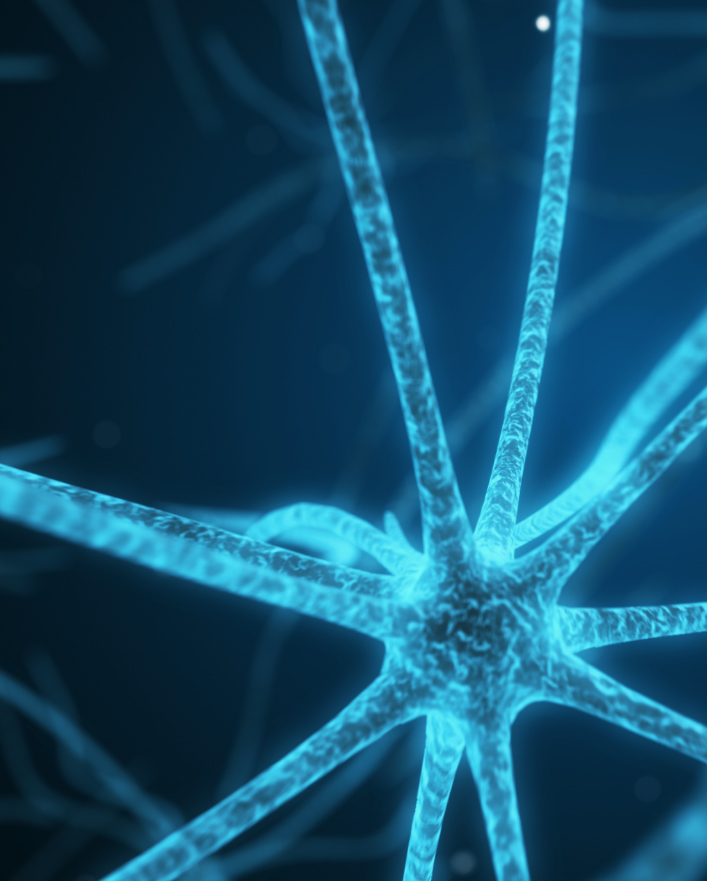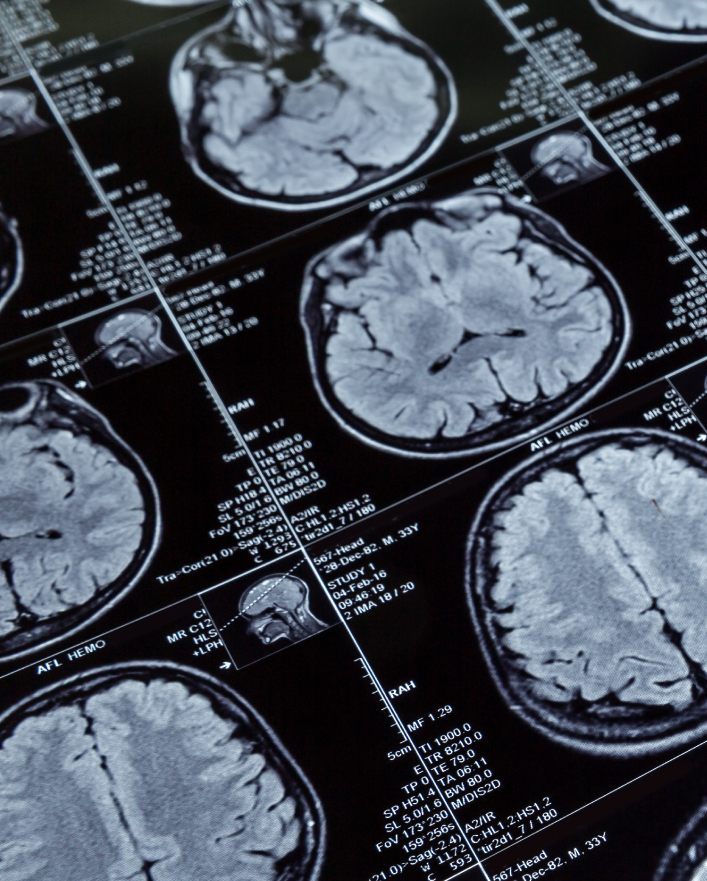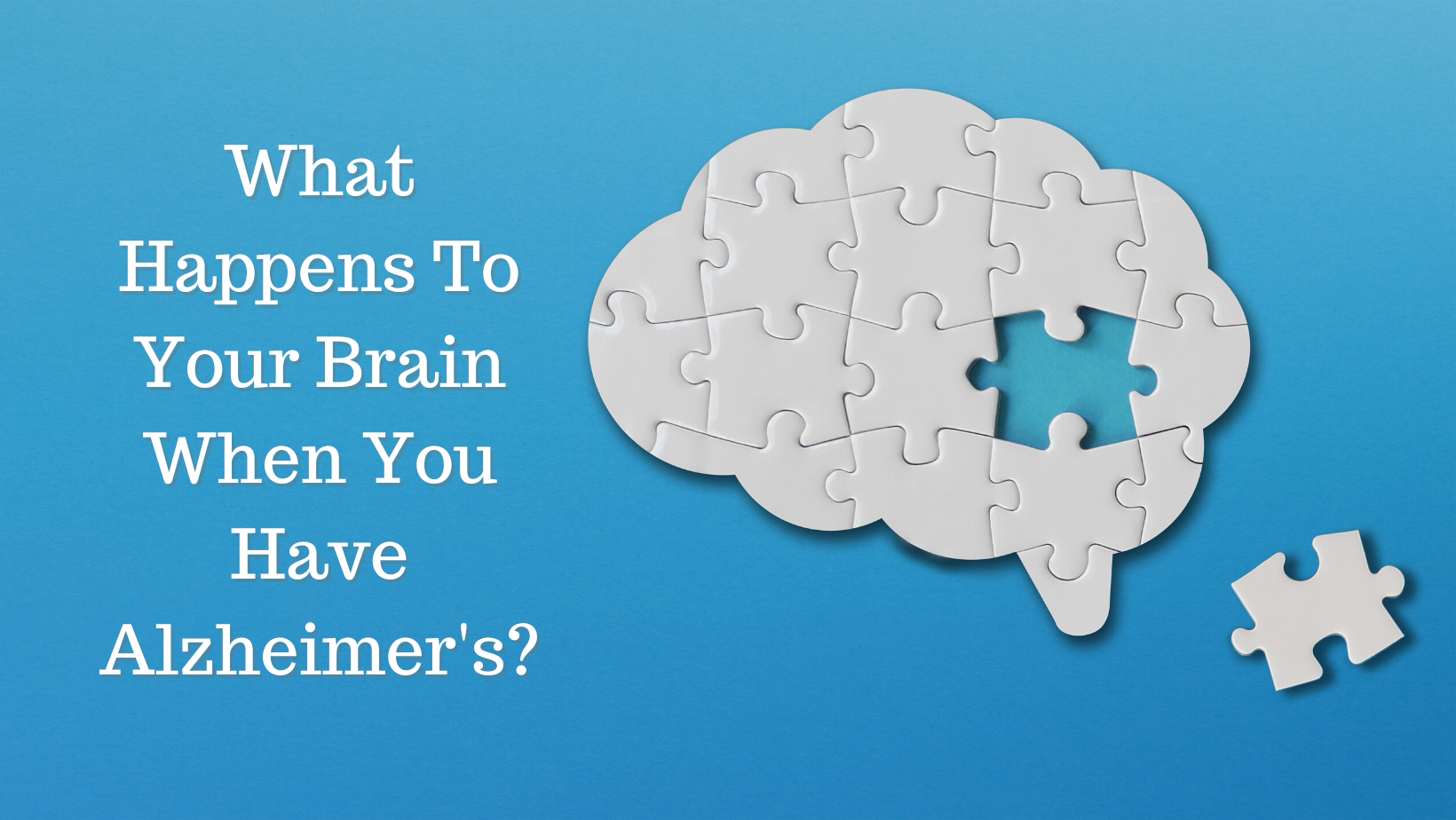Over 6 million Americans are living with Alzheimer’s disease. It is the most common cause of dementia, accounting for almost 60-70% of all cases. Alzheimer’s disease is a progressive brain disorder that leads to a broad spectrum of impairments to a person’s cognitive and physical capabilities, including memory, thinking, and even some behavioral changes. Alzheimer’s affects everyone differently, and it has yet to be determined what exactly causes this disease. However, over the years, researchers have conducted a wide array of studies on the human brain to identify some of the key changes that occur as a person advances through the different stages of Alzheimer’s disease.
Brain Health: Microscopic Changes With A BIG Impact

Scientists believe that microscopic changes in the brain begin long before the first signs of Alzheimer’s appear. While scientists don’t yet fully understand what causes Alzheimer’s disease, they have successfully mapped out specific changes that occur within the brain as the disease progresses. In fact, studies have found that, with Alzheimer’s disease, there is an abnormal buildup of proteins formed in and around brain cells.
According to the Alzheimer’s Association, the brain has about 100 billion nerve cells called neurons, each of which connects to form a channel of communication. However, with Alzheimer’s disease, the brain becomes impaired by an over-formation of proteins around these neurotransmitters that then cut off communication channels, resulting in challenges to thinking, learning, and remembering.
Which Proteins Are Linked To Alzheimer’s Disease?
There are two different types of proteins believed to be responsible for the development of Alzheimer’s disease: amyloid plaques and neurofibrillary tangles. While studies are still ongoing, it is thought that amyloid plaques result from deposits of a protein fragment called beta-amyloid that build up in between the spaces of nerve cells.
The National Institute on Aging believes that, as these clumps of amyloid plaques reach higher buildup rates, the brain then experiences a rapid spread of neurofibrillary tangles. These neurofibrillary tangles involve an abnormal accumulation of a protein called tau, which collects inside the neurons. Therefore, in the setting of Alzheimer’s disease, the brain experiences a build-up of abnormal proteins both within the neurons and around them.

In studying the development of these proteins both in healthy brains and in cases of Alzheimer’s disease, scientists have determined how they play a critical role in disrupting the processes that brain cells need to survive, according to the Alzheimer’s Association. Unfortunately, the destruction and death of brain cells at the hands of these proteins is irreversible and results in many of the symptoms commonly identified in Alzheimer’s disease, such as memory loss, behavioral changes, and even changes in vision, hearing, and smell.
Know the Risks of Alzheimer’s Disease
It should be noted that even healthy brains experience a production of proteins in and around neurotransmitters throughout the normal aging process, but in numbers far less compared to those with Alzheimer’s. Studying changes in these proteins compared to their effects on the brain has helped identify markers of progression in Alzheimer’s disease. Based on these markers, researchers have been successful in narrowing down a list of potential risk factors associated with the production of protein buildups in the brain as they relate to developing Alzheimer’s disease:
Age:
One of the most commonly known risk factors associated with Alzheimer’s disease is age. The CDC reports that over 6 million Americans aged 65 years or older are living with Alzheimer’s disease, and they project that this number will rise to nearly 14 million people by 2060. In addition, the Alzheimer’s Society reports that, after turning 65 years of age, a person’s risk of developing Alzheimer’s disease doubles about every five years.
Gender:
The Alzheimer’s Society reports that nearly twice as many women as men aged 65 years or older live with Alzheimer’s disease. Harvard Medical School suggests that there may be a link between women’s immune systems and a higher prevalence of Alzheimer’s disease. Their studies indicate that women are about twice as likely to have an autoimmune disease than men, meaning their bodies must work harder to develop a strong immune system, especially during pregnancy. As their immune systems are built up, it is thought that women may end up having a higher deposit of amyloid plaques between their brain’s neurons.
Genetics:
While it does not mean with 100% certainty that you will develop the disease, having a parent or sibling with Alzheimer’s does increase your overall risk. Research has shown that those who have a first-degree relative are more likely to develop Alzheimer’s disease than those who do not. You can learn more about “risk” or “deterministic” genes in this article written by the Alzheimer’s Association.
Lifestyle:
Maintaining a healthy lifestyle is not only beneficial to your overall physical, mental, and social health, but it could also help in lessening your chances of developing Alzheimer’s disease. This means staying active with regular exercise, eating a well-balanced diet, refraining from smoking, and limiting your alcohol consumption.
Additional Health Concerns:
The Alzheimer’s Society reports that several different health concerns could potentially increase your risk of developing Alzheimer’s disease or vascular dementia, especially in cases with multiple comorbidities. Some of these factors include diabetes, stroke, heart problems, high blood pressure, and high cholesterol. Talk with your doctor about any health concerns you may have and what steps you can take to improve these conditions.
Oakwood Creative Care is bringing back the JOY in aging because a diagnosis should not define your life. Click the button below to learn more about the research-based, cutting-edge, creative care model found at each of our Day Clubs.




